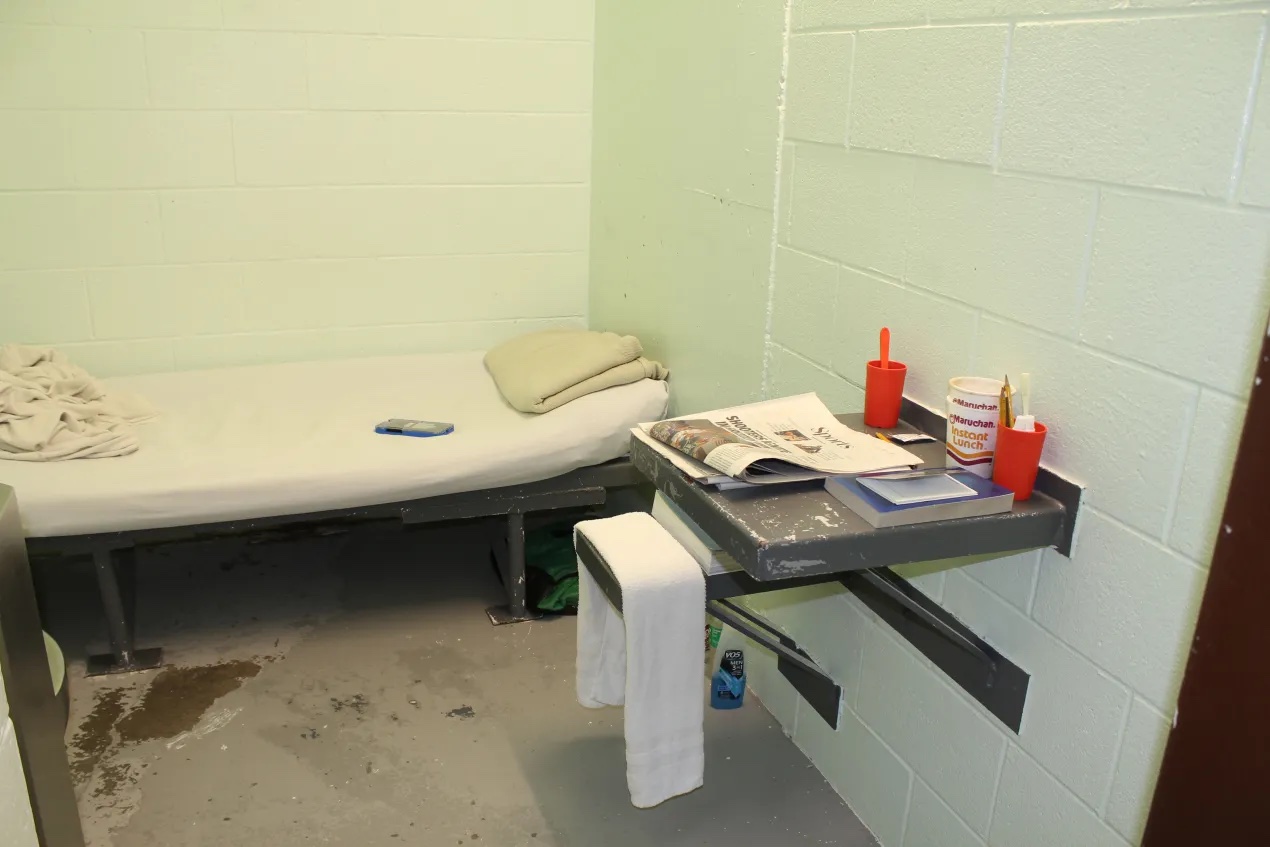When Jail Becomes Therapy: The Broken Mental Health System's Last Desperate Refuge

Despite passionate calls from political leaders for improved local mental health services, a troubling reality persists: countless individuals find themselves languishing in jail cells, waiting desperately for critical psychiatric care. The gap between policy discussions and actual mental health support has created a deeply problematic system where jails have become de facto holding areas for those struggling with mental health challenges.
Months can pass while individuals await proper psychiatric evaluation and treatment, transforming correctional facilities into unintended mental health waiting rooms. This systemic failure not only undermines the dignity of those seeking help but also highlights the urgent need for comprehensive mental health infrastructure that can provide timely, compassionate intervention before individuals become entangled in the criminal justice system.
Local and regional authorities continue to debate solutions, but the human cost of these delays remains painfully real. Each day spent waiting represents a missed opportunity for healing, rehabilitation, and potential prevention of further legal complications. The current approach fails both those with mental health needs and the broader community, calling for immediate, substantive reforms in how we approach mental health care and support.
